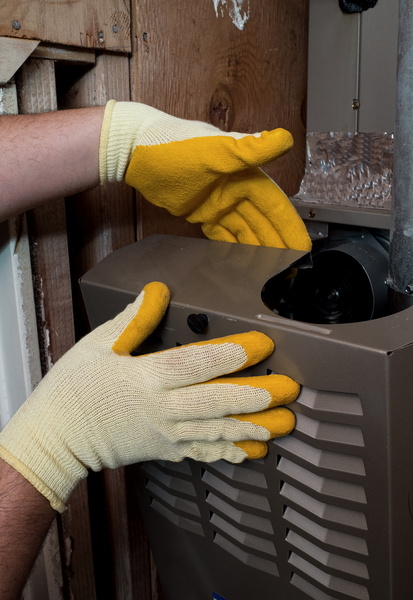
When your home’s elderly furnace decides that today, one of the days you need it in a Florida winter, is when it will fail, it’s not a fun time. Depending on the outdoor temperature, your first concern may be staying warm. You can find tips around the internet for temporary ways for your family to keep warm until the heating problem is resolved. Our warm winters usually don’t make this a huge emergency, but you don’t want to feel uncomfortable for long.
What we’re looking at in this post isn’t how to stay warm in the meantime, but what to do about the failed furnace and the future of your home comfort.


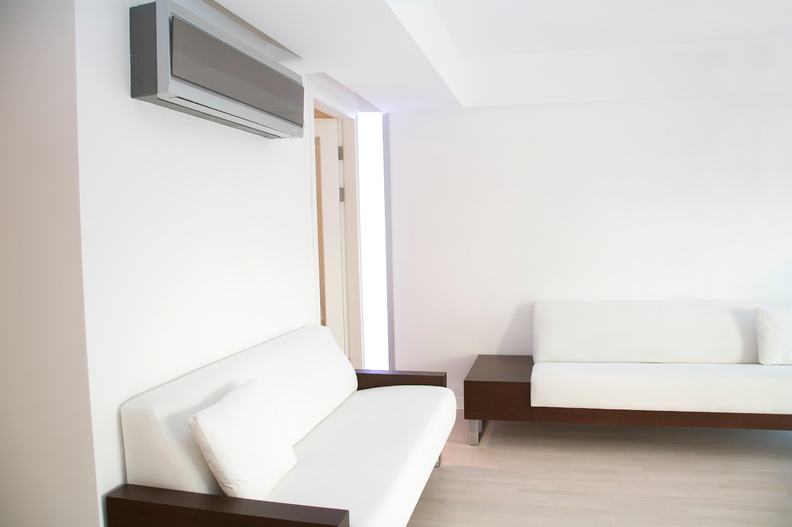
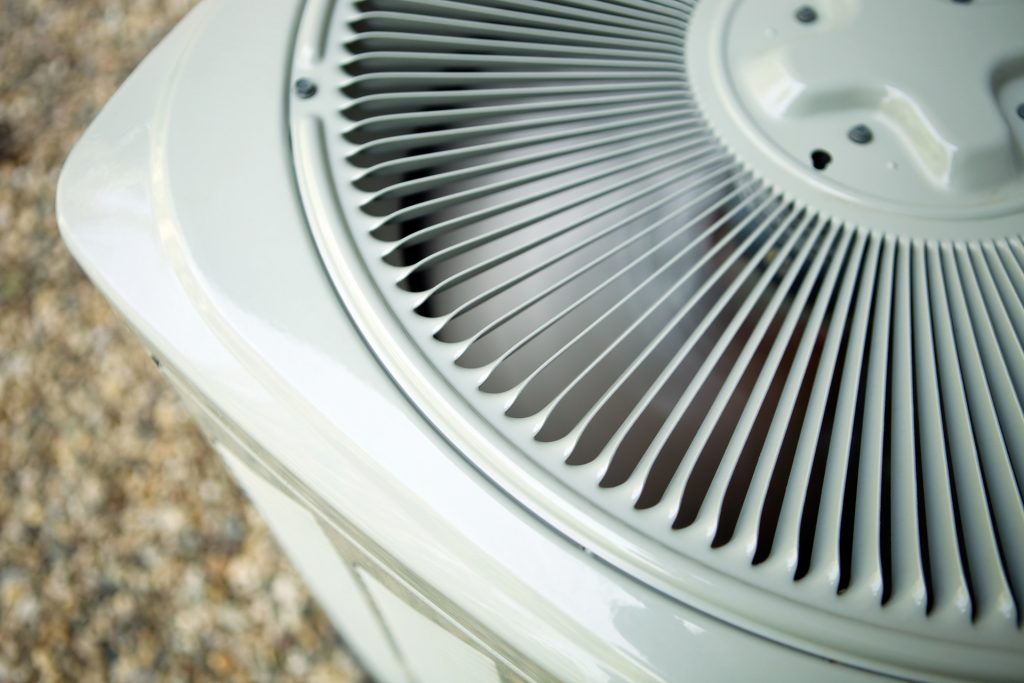
 Children are heading back to school, and in a few months they’ll start bringing home report cards. But you can hand out a report card before school starts: a report card for your air conditioning system. How did it perform its job this summer? Did it sail through the season and keep those electrical bills steady? Or did it hit a few bumps along the way?
Children are heading back to school, and in a few months they’ll start bringing home report cards. But you can hand out a report card before school starts: a report card for your air conditioning system. How did it perform its job this summer? Did it sail through the season and keep those electrical bills steady? Or did it hit a few bumps along the way?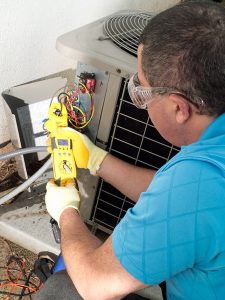 An air conditioning system is manufactured to use a specific amount of chemical refrigerant. This is known as an air conditioner’s charge. People often make the mistake of thinking refrigerant is an energy source for an air conditioner. It isn’t. The energy source of an air conditioner is electricity. Refrigerant is the heat transference medium that allows the air conditioner to move thermal energy outside of the house (cooling the indoor air) and exhausting it. The refrigerant evaporates and condenses in a cycle and never dissipates—so it will never get “used up.”
An air conditioning system is manufactured to use a specific amount of chemical refrigerant. This is known as an air conditioner’s charge. People often make the mistake of thinking refrigerant is an energy source for an air conditioner. It isn’t. The energy source of an air conditioner is electricity. Refrigerant is the heat transference medium that allows the air conditioner to move thermal energy outside of the house (cooling the indoor air) and exhausting it. The refrigerant evaporates and condenses in a cycle and never dissipates—so it will never get “used up.” The best way to ensure a great AC installation is to work with licensed HVAC professionals. In fact, this is the only way to do it—unless you are an HVAC professional yourself. Trying to take on the installation job on your own or allowing an amateur to do it is a big “nope.”
The best way to ensure a great AC installation is to work with licensed HVAC professionals. In fact, this is the only way to do it—unless you are an HVAC professional yourself. Trying to take on the installation job on your own or allowing an amateur to do it is a big “nope.”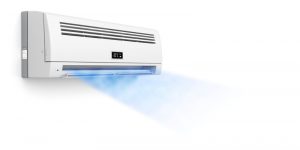 Using
Using  When it’s one of the hottest days of the summer in Tampa Bay, what’s the last appliance in your home you want to break down? We can’t imagine you’d answer anything other than “the air conditioning system.” We need our household air conditioners running at peak reliability through the season, and often long past it. This is why we always stress the importance of scheduling annual maintenance in spring for ACs; it’s the best “insurance policy” against a system suffering an abrupt shutdown during the heat.
When it’s one of the hottest days of the summer in Tampa Bay, what’s the last appliance in your home you want to break down? We can’t imagine you’d answer anything other than “the air conditioning system.” We need our household air conditioners running at peak reliability through the season, and often long past it. This is why we always stress the importance of scheduling annual maintenance in spring for ACs; it’s the best “insurance policy” against a system suffering an abrupt shutdown during the heat. Heat pumps are becoming more and more popular for home comfort, especially here in Florida. But even with heat pumps popping up in a larger number of houses than ever before, the general public has many misunderstandings about what they are how they operate—and that makes it more difficult to know if a heat pump might be a good installation for home comfort.
Heat pumps are becoming more and more popular for home comfort, especially here in Florida. But even with heat pumps popping up in a larger number of houses than ever before, the general public has many misunderstandings about what they are how they operate—and that makes it more difficult to know if a heat pump might be a good installation for home comfort.